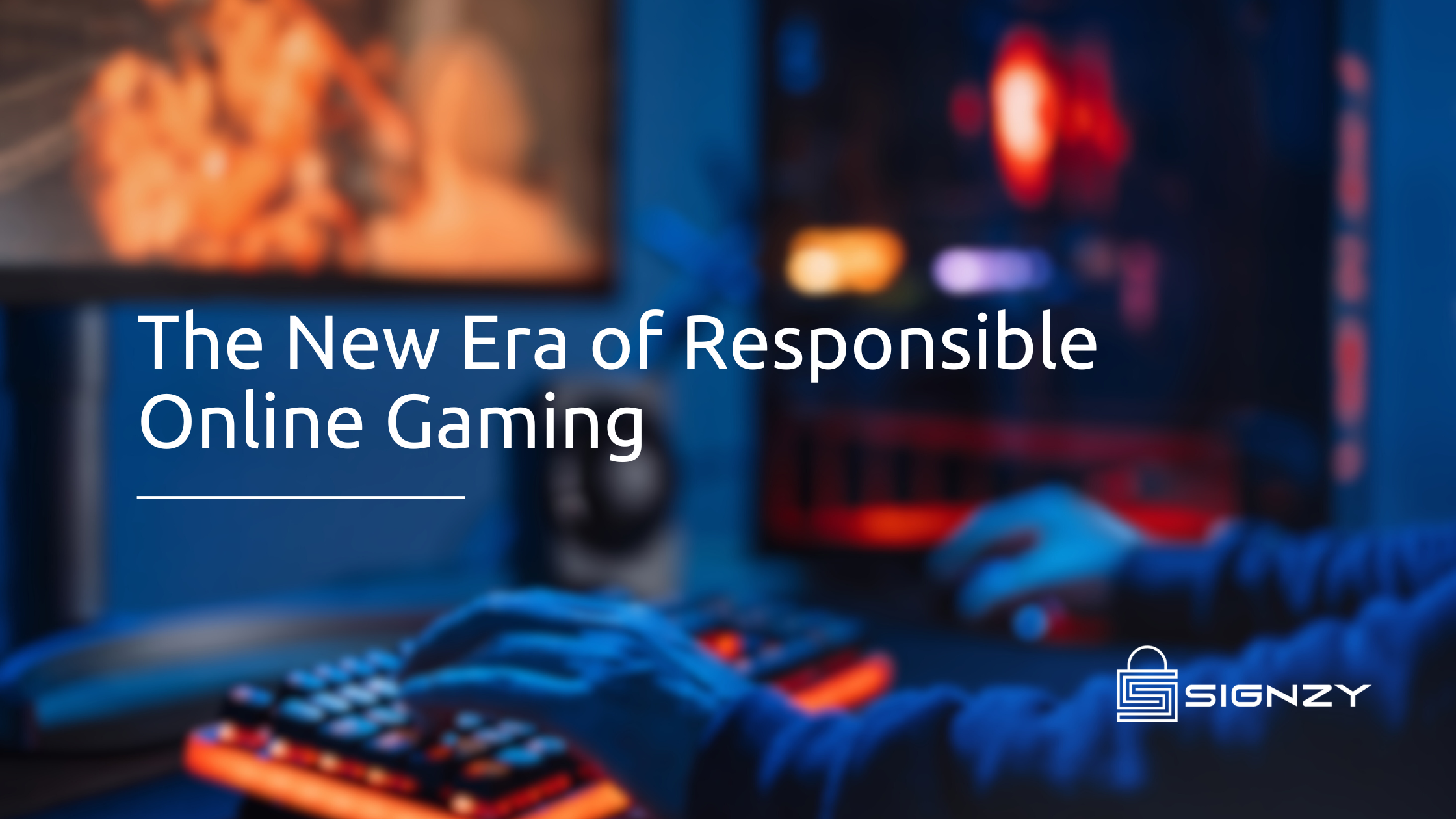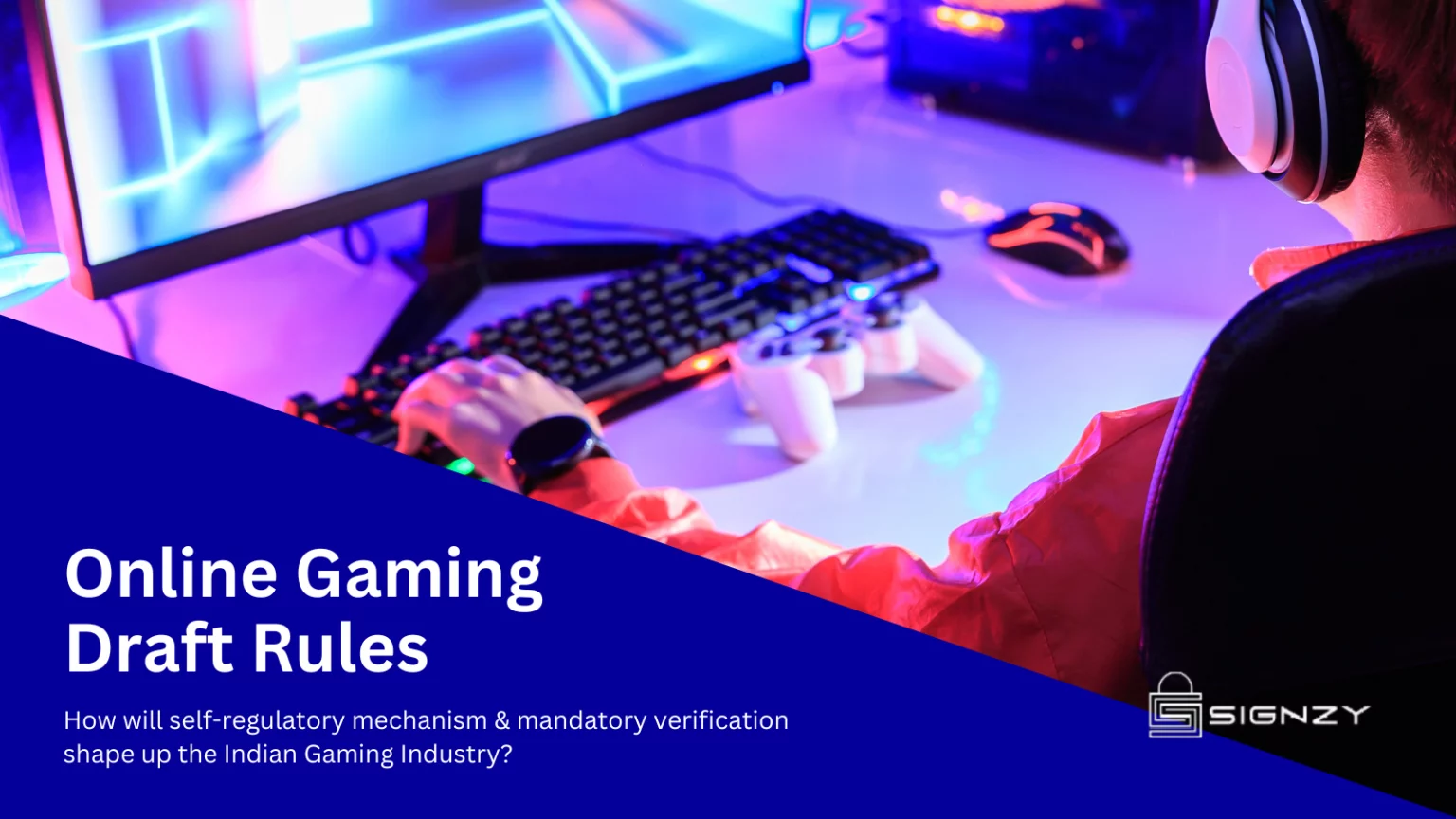Online gaming has come a long way since the early days of Pong and Tetris. Today, millions of people worldwide engage in online games such as PUBG, Call of Duty, and League of Legends as both players and spectators. This growth is due to several factors, including the explosion of mobile devices and high-speed internet connections that have made gaming more accessible.
The rise has also led to new opportunities for socialization and community-building. Many players enjoy not only the competitive aspect but also the chance to connect with others who share their interests from around the world.
However, with the growth of online gaming has also come a rise in the number of associated problems, such as gambling addiction, underage gambling, and fraud. In order to address these problems and ensure that playing games online remains enjoyable for everyone involved, the industry has begun to adopt a new era of responsible online gaming.
In this blog post, we’ll explore what this new era looks like and how we can ensure that the gaming experience remains enjoyable for everyone involved while minimizing its risks.
The Era of Responsible Online Gaming
The new era of responsible online gaming is one that is focused on the safety and well-being of players. This means that operators are taking steps to prevent gambling addiction, protect minors, and ensure that players know the risks involved in online gaming.
Here are some of the key features:
- KYC of Gamers: KYC is an important part of responsible online gaming. By implementing KYC, operators can help to protect their customers and ensure that their businesses are compliant with the law.
- Self-exclusion tools: Players should be able to self-exclude themselves from online gaming if they feel they are developing a gambling problem. In this case, using a self-exclusion service helps.
- Gambling awareness tools: Operators should provide information about gambling addiction, responsible gaming, and self-exclusion.
- Minor protection: This can be done by requiring players to verify their age before they can create an account or by using age verification software.
- Social responsibility: This can be done by donating to charities, supporting responsible gaming initiatives, and educating players about the risks of gambling.
Types of Fraud in Online Gaming
There are many different types of fraud in online gaming. Some of the most common types include:
- Account takeover: This is when a fraudster gains unauthorized access to a player’s account and uses it to make fraudulent transactions.
- Credit card fraud: This is when a fraudster uses a stolen credit card to make a deposit or withdrawal from an online gaming account.
- Money laundering: This is when a fraudster uses an online gaming account to launder money from illegal activities.
- Impersonation: This is when a fraudster pretends to be someone else, such as a customer service representative, in order to gain access to a player’s account or personal information.
- Botting: This is when a fraudster uses a computer program to automate tasks in an online game, such as playing the game or making in-game purchases.
- Hacking: This is when a fraudster gains unauthorized access to an online gaming platform or server.
- Scamming: This is when a fraudster uses deception to trick a player into giving up their personal information or money.
To protect themselves from these attacks, gamers should only sign up for gaming platforms and services using secure passwords and payment methods. They should also be wary of any emails or messages that contain links, even if they appear to.
KYC – The best practice
Know Your Customer (KYC) is a set of processes that a business uses to verify the identity of its customers. KYC is important for online gaming operators because it helps to prevent fraud, money laundering, and other illegal activities.
There are a number of different ways that online gaming operators can implement KYC. Some common methods include:
- Requiring players to provide identification documents, such as a driver’s license or passport.
- Checking players’ names against government databases to verify their identity.
- Using facial recognition software to verify players’ identities.
Here are some of the benefits of KYC in online gaming:
- Prevents fraud: KYC helps to prevent fraud by verifying the identity of players. This helps to ensure that players are who they say they are and that they are not using stolen or fraudulent credit cards.
- Combats money laundering: KYC helps to combat money laundering by verifying the source of players’ funds. This helps to ensure that players are not using their online gaming accounts to launder money from illegal activities.
- Protects minors: KYC helps to protect minors by verifying their age before they can create an account. This helps to prevent minors from gambling online.
- Enhances customer experience: KYC can enhance the customer experience by making players feel more confident that their personal information is safe. This can lead to increased customer loyalty and satisfaction.
KYC is an important part of responsible online gaming. By implementing KYC, operators can help to protect their customers, ensure that their businesses are compliant with the law, and enhance the customer experience.
How can Signzy help with KYC in Online Gaming?
Signzy’s KYC solutions can help online gaming operators to:
- Verify the identity of their players: Signzy’s solutions can verify the identity of players using a variety of methods, including government-issued ID documents, facial recognition, and biometrics.
- Check the risk profile of their players: Signzy’s solutions can check the risk profile of players using a variety of data sources, including credit bureaus, government databases, and social media.
- Monitor for suspicious activity: Signzy’s solutions can monitor for suspicious activity, such as money laundering and account takeover.
By using Signzy’s KYC solutions, online gaming operators can help to protect themselves from fraud and money laundering. Signzy’s solutions can also help to improve the customer experience by making it easier and faster for players to sign up and start playing.
Here are some of the benefits of using Signzy for KYC in online gaming:
- Reduced fraud: Signzy’s solutions can help to reduce fraud by verifying the identity of players and checking their risk profiles.
- Improved customer experience: Signzy’s solutions can make it easier and faster for players to sign up and start playing, which can improve the customer experience.
- Compliance: Signzy’s solutions are designed to help businesses comply with KYC and AML regulations.
- Scalability: Signzy’s solutions are designed to be scalable, so they can be used by businesses of all sizes.
If you are an online gaming operator, Signzy can help you to protect your business from fraud and money laundering. Signzy’s solutions are easy to use and scalable, and they can help you to improve the customer experience.
Final Thoughts
The new era of responsible online gaming is here, and it’s up to us as both consumers and developers to make sure that players are protected. By implementing measures such as self-exclusion, setting maximum deposit limits, monitoring for signs of problem gambling behavior, and enforcing age restrictions on platforms we can ensure that everyone playing games is doing so safely within their means. As the industry continues to grow, let’s make sure that player safety remains at the forefront of our minds.




